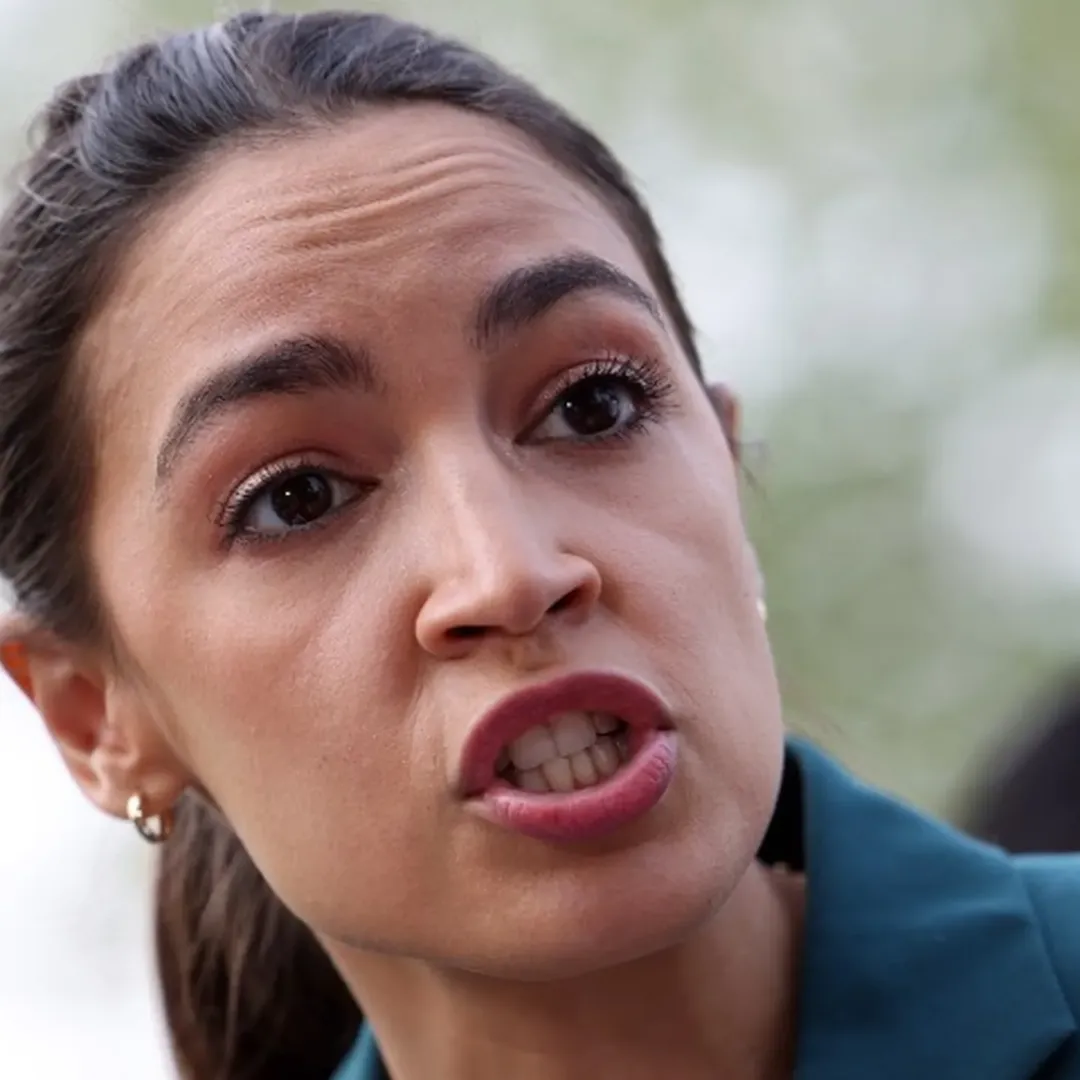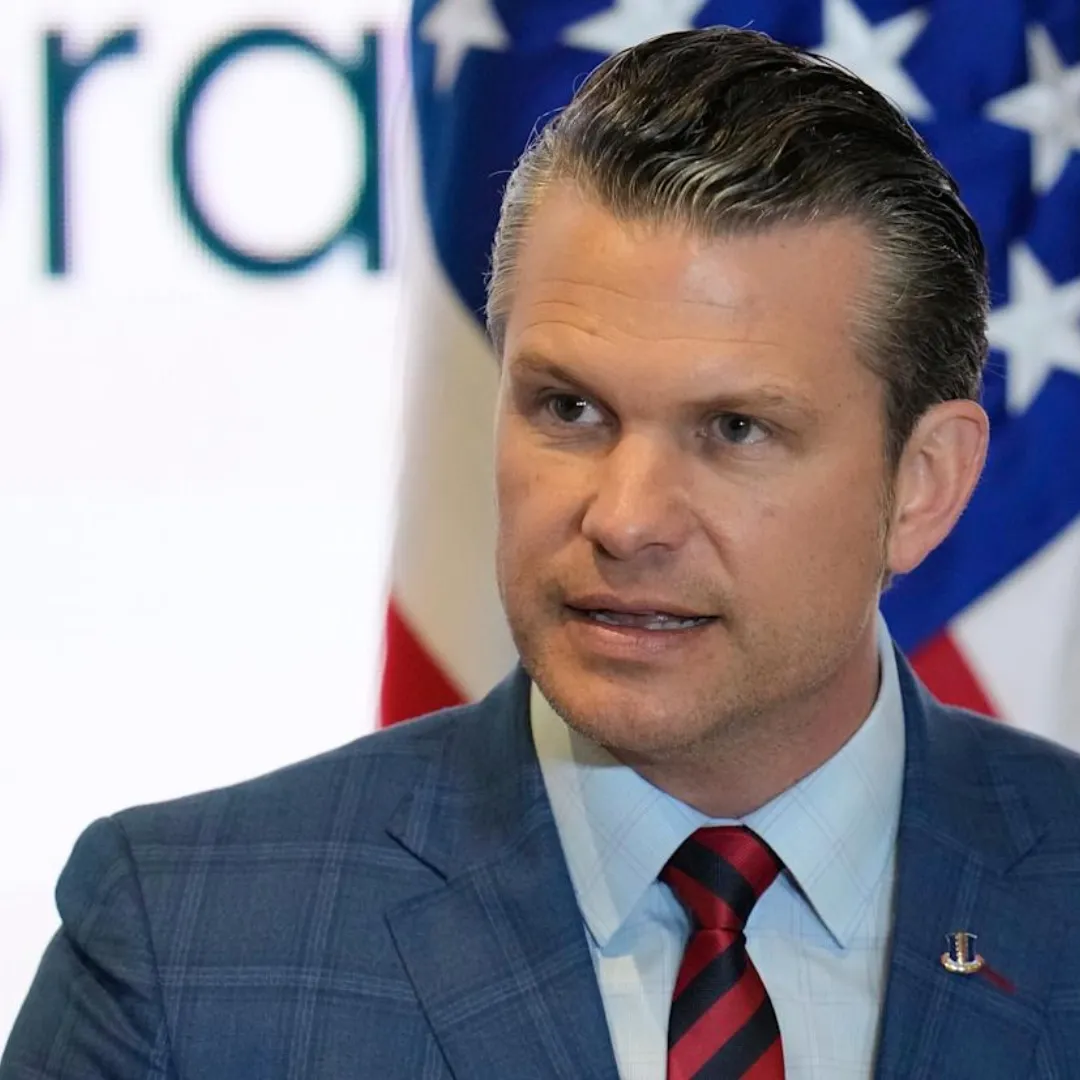Rep. Victoria Spartz (R-Ind.) has issued a dire warning about the fiscal future of the United States, stressing that without a sustainable fiscal path, the country may not survive.
Her comments, delivered Wednesday on MSNBC’s The Weeknight, underscored her belief that the current trajectory of the nation's spending habits poses an existential risk.
The congresswoman’s remarks come at a crucial moment in the legislative process, as the Republican Party continues to push forward President Donald Trump’s domestic policy agenda, including a highly contentious bill that has sparked heated debates about the country’s fiscal sustainability and the future of key social programs.
“If we don’t put our country on sustainable fiscal paths, we are not going to survive as a country,” Spartz declared on national television. Her comments reflect the growing concern within certain factions of the Republican Party regarding the long-term viability of federal spending and deficits.
Spartz, a vocal advocate for fiscal responsibility, has repeatedly called for the U.S. to reevaluate its fiscal priorities and find a path to reduce the growing national debt, which she views as an imminent threat to the nation’s stability.
Spartz’s warnings came on the same day that she, along with more than two dozen other Republicans, sent a letter to House GOP leadership demanding that a key piece of legislation currently under development in Congress—a bill designed to advance President Trump’s policy priorities—must not add to the deficit.
This letter highlights the ongoing tension between fiscal conservatives within the GOP, who prioritize reducing the national debt, and the broader Republican coalition that supports Trump’s sweeping agenda.
The letter, signed by a significant number of House Republicans, expressed a clear demand: any bill advancing Trump’s agenda must adhere strictly to the party's fiscal blueprint, which has emphasized reducing the deficit and ensuring that government spending does not exceed its revenue-generating capabilities.
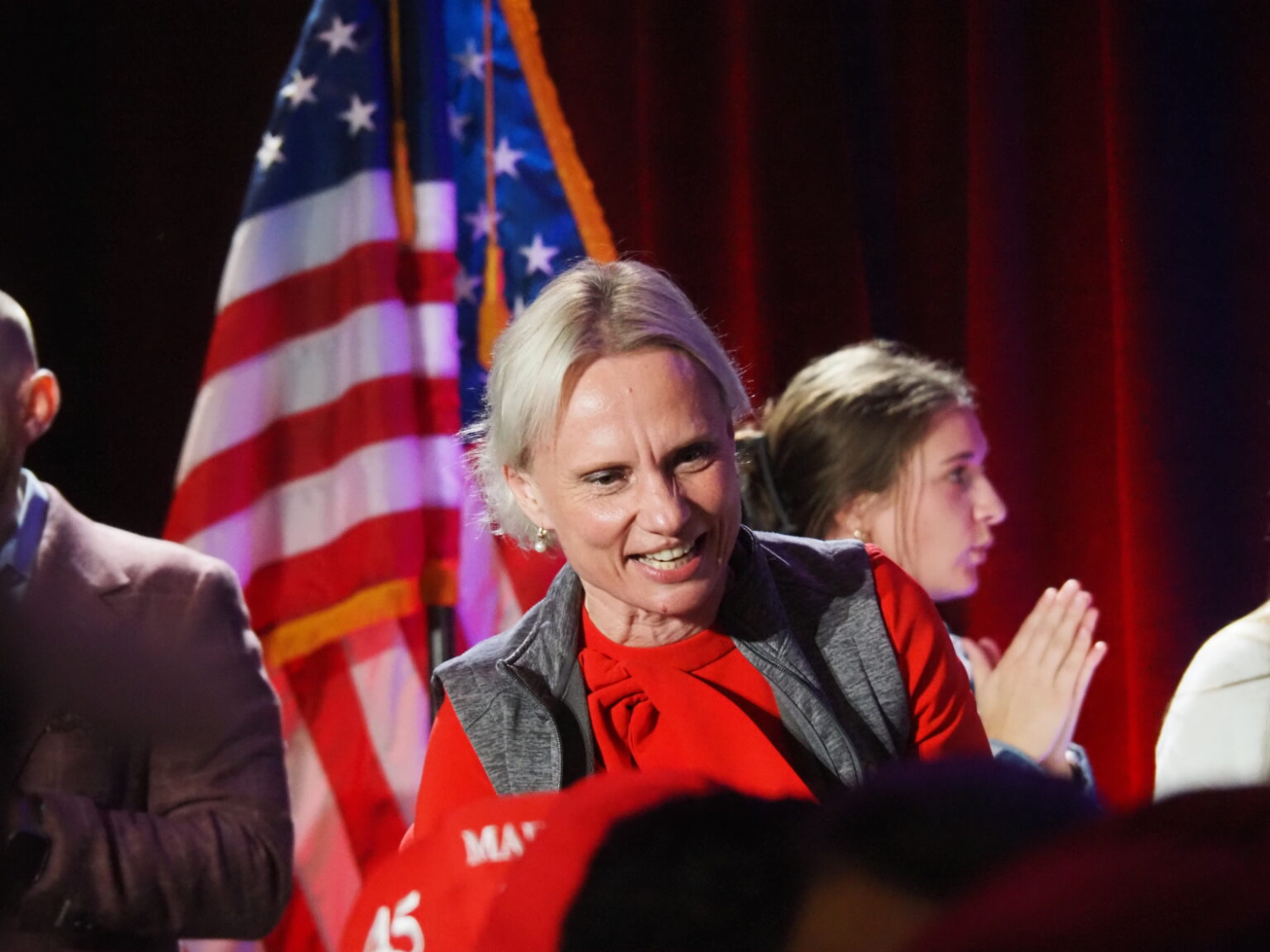
The letter also reiterated that the House’s proposed framework assumes that the continuation of the 2017 tax cuts, a central part of Trump’s economic policy, will generate an additional $2.5 trillion in revenue through economic growth.
For Spartz and her allies, the issue is not just about cutting government spending but also about ensuring that any measures introduced in Congress, including tax cuts and welfare reforms, do not place an additional burden on taxpayers or further strain the country’s financial stability.
Spartz has long been a proponent of fiscal restraint, arguing that the nation’s growing debt could undermine the very foundation of the U.S. economy if left unchecked.
Her stance has earned her the support of fiscal conservatives who argue that the U.S. must move away from deficit spending to secure a stable financial future.
During her appearance on The Weeknight, co-host Symone Sanders Townsend pressed Spartz on a key issue: whether she would vote for any bill that included cuts to Medicaid, a vital program that provides health insurance to low-income Americans.
Spartz’s response was nuanced, as she suggested that while she is not opposed to reforms in Medicaid, her goal is to improve the program rather than undermine it.
“I’m trying to improve it,” Spartz said, emphasizing her desire to make sure that Medicaid is better for the people it is intended to serve. Her response reflects the ongoing debate within the Republican Party about the future of entitlement programs like Medicaid and Medicare.
While some Republicans advocate for scaling back or restructuring these programs to reduce spending, others, like Spartz, argue that reforming them to improve efficiency and effectiveness is a better solution than outright cuts.
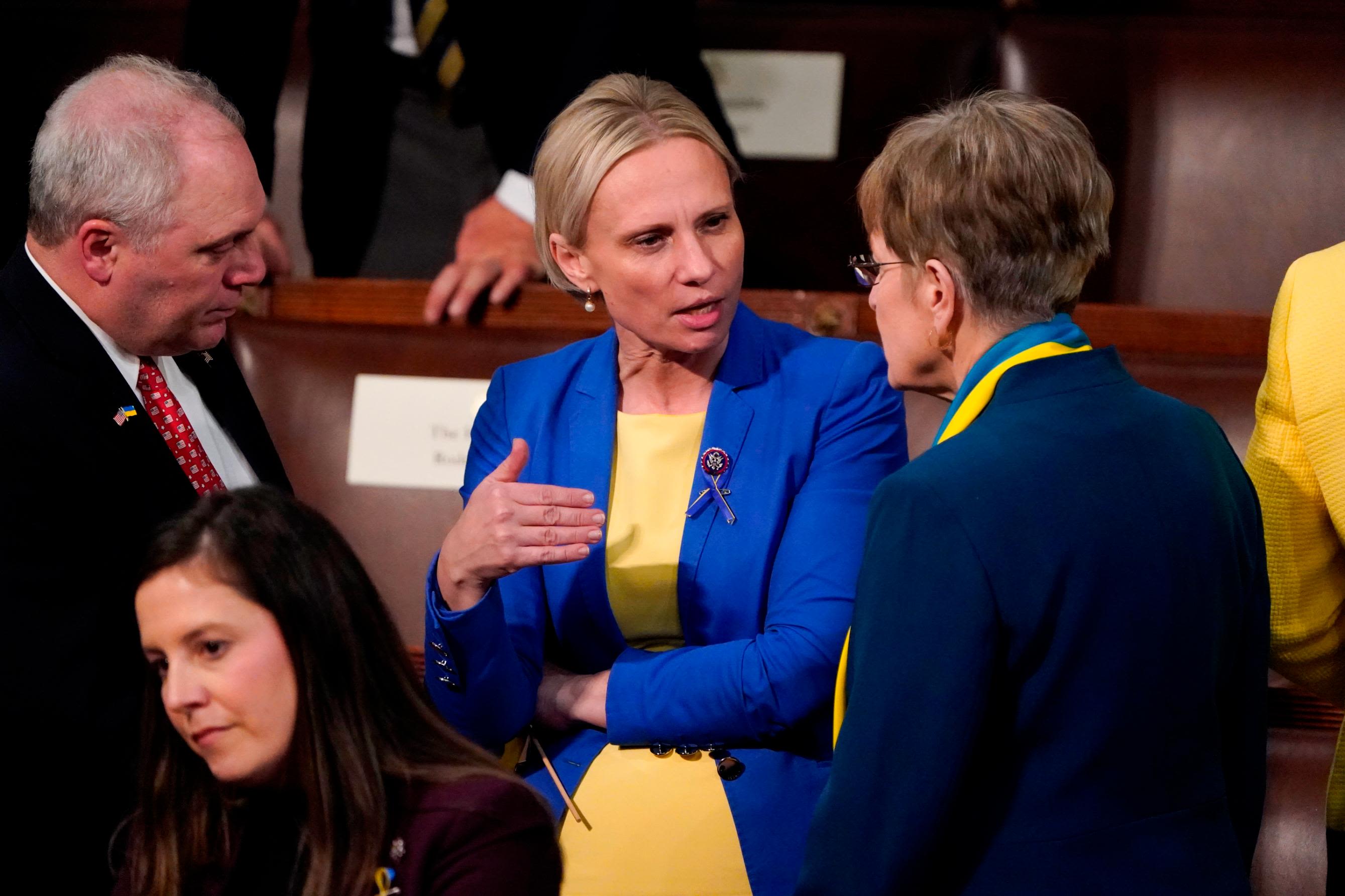
The issue of Medicaid cuts has been a particularly contentious one, with many Democrats and advocacy groups warning that such measures would disproportionately harm vulnerable populations, including the elderly, children, and people with disabilities.
As one of the largest social safety net programs in the U.S., Medicaid serves millions of Americans, and any proposals to reduce funding or limit access to its services are highly contentious.
Spartz’s comments on Medicaid come amid a broader Republican push to reduce government spending and shift the focus of federal programs to encourage personal responsibility and private sector involvement.
However, these proposals have met with fierce opposition from Democrats and progressive groups, who argue that cutting Medicaid would leave millions of Americans without access to affordable healthcare, particularly in the midst of a global pandemic.
The letter sent by Spartz and her fellow Republicans to House leadership underscores the GOP's focus on fiscal discipline and concerns about the national deficit.
The letter reiterated that any bill advancing Trump’s agenda must strictly adhere to the House’s fiscal blueprint, which includes maintaining a balanced budget and ensuring that any new spending measures are offset by revenue increases or cuts to other programs.
One of the primary issues raised in the letter is the GOP’s push to extend the 2017 tax cuts, which were passed under Trump’s administration. The tax cuts, which primarily benefited corporations and high-income earners, have been a key part of Trump’s economic strategy.
Supporters of the tax cuts argue that they spurred economic growth and job creation, while critics contend that they disproportionately benefited the wealthy and contributed to the ballooning federal deficit.

The GOP’s commitment to extending the tax cuts is at odds with the growing concern among fiscal conservatives, who argue that such measures, without offsetting spending cuts, will only exacerbate the country’s fiscal woes.
This divide within the Republican Party has created a challenging dynamic as lawmakers try to balance the need for tax reform with the imperative to reduce the national debt.
As the debate over fiscal responsibility continues to unfold, the Congressional Budget Office (CBO) weighed in on the potential consequences of Republican proposals to cut Medicaid spending.
On Wednesday, the CBO released an analysis suggesting that millions of Americans could lose their health insurance coverage under various Republican options to scale back Medicaid in order to fund Trump’s domestic policy agenda.
The CBO’s analysis further complicated the debate, highlighting the potential human costs of cutting Medicaid while trying to address fiscal concerns. According to the report, the reductions in Medicaid spending could lead to significant coverage losses for low-income Americans, leaving them without access to essential healthcare services.
The findings have reignited concerns among Democrats, who argue that the pursuit of deficit reduction should not come at the expense of vulnerable populations.
As the negotiations over Trump’s agenda continue to unfold in Congress, Spartz and her colleagues are likely to continue pushing for fiscal discipline and sustainable budgeting.
The ultimate outcome of the debate will depend on how lawmakers balance the need to reduce the deficit with the desire to enact significant policy changes, including tax cuts and entitlement reforms.
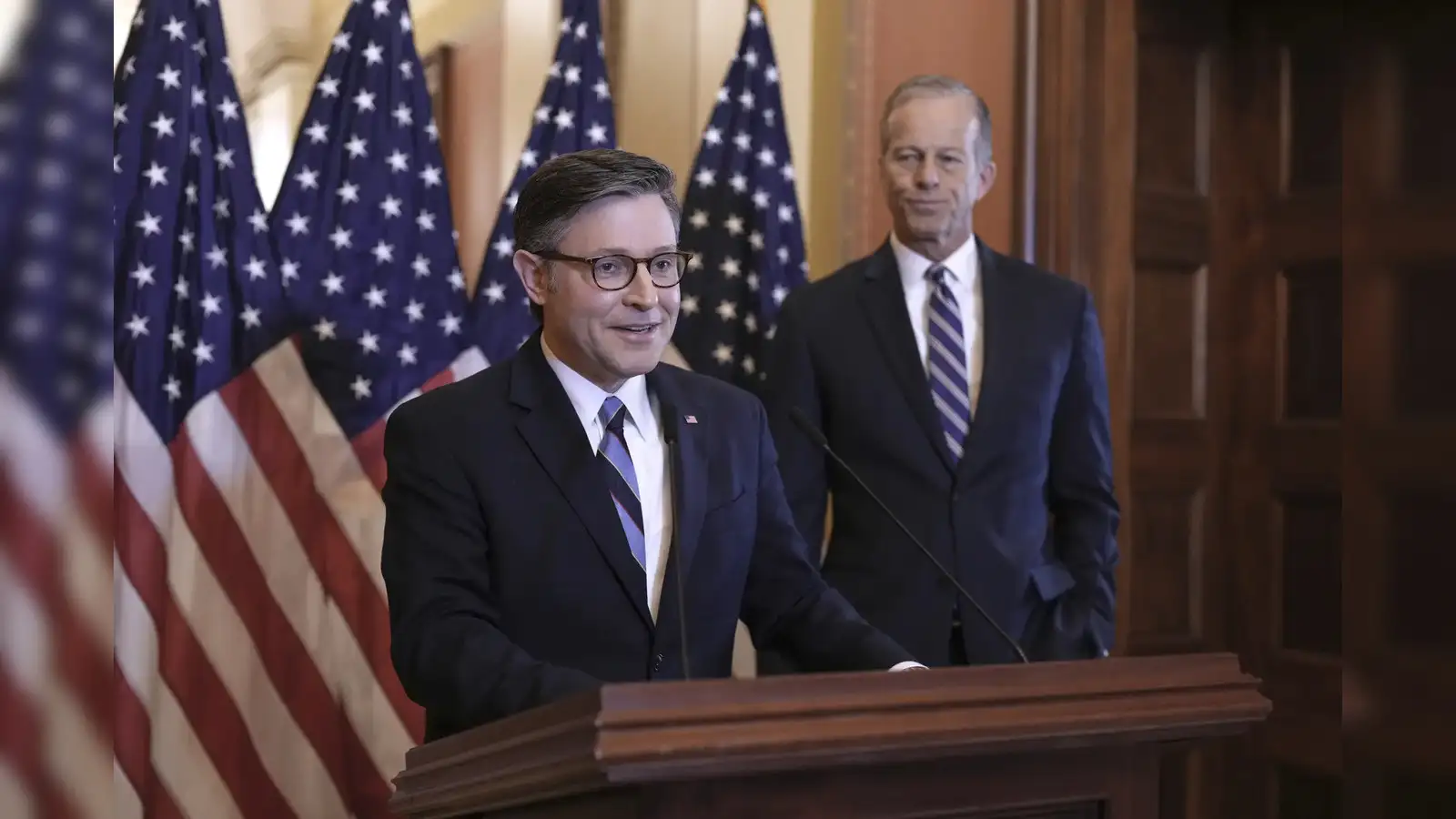
In the midst of this ongoing debate, Spartz’s warning about the survival of the country serves as a stark reminder of the challenges facing the U.S. economy.
With the national debt continuing to rise and fiscal pressures mounting, the question of how to achieve long-term fiscal sustainability remains at the forefront of American politics.
As lawmakers continue to grapple with these issues, the debate over Trump’s agenda, Medicaid cuts, and the future of U.S. fiscal policy is sure to remain a central focus of legislative discussions in the months and years ahead.



